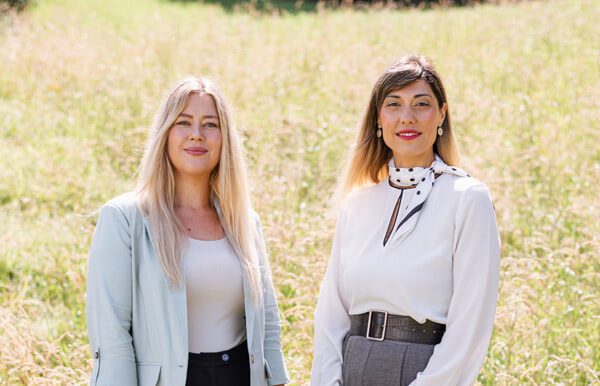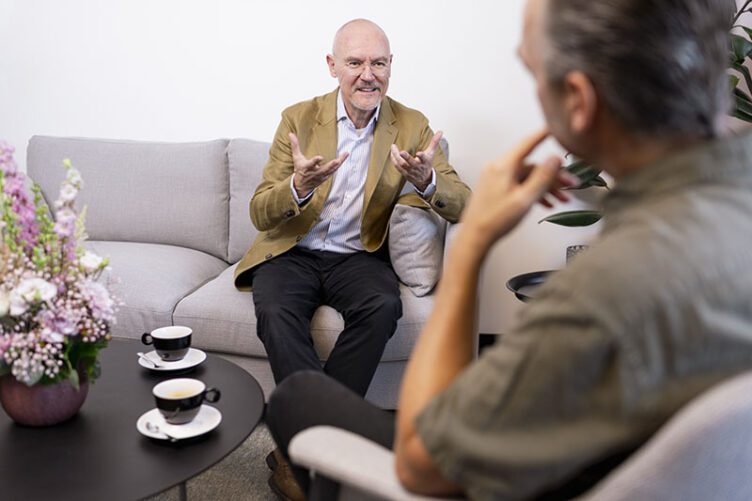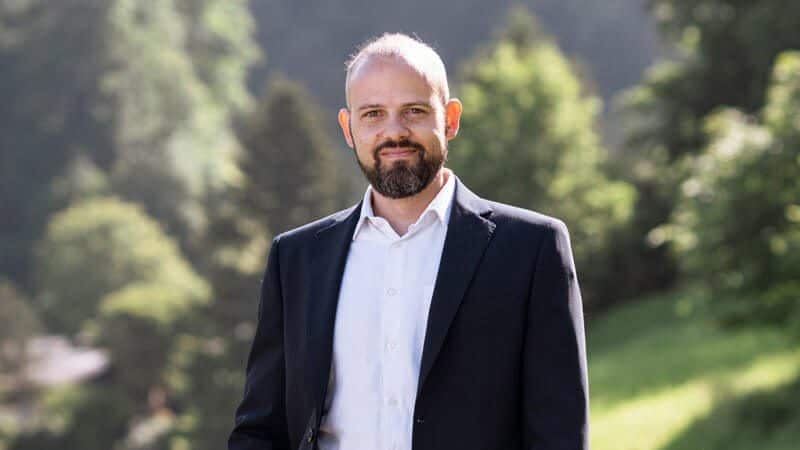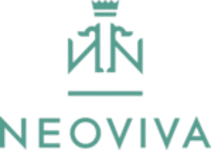Private clinic for gaming addiction treatment in Switzerland
Our focused and comprehensive treatment for gaming addiction targets both its behavioural and psychological aspects using cutting-edge, evidence-based methods. With personalised therapy and continuous support, we provide luxury care to help you manage gaming impulses and rebuild healthier financial and personal habits, ensuring a well-rounded and fulfilling life, free from compulsive behaviours.

Personalised care in a real-world environment for best results
Our internationally renowned rehab clinic is a leader in treating gaming addiction, using innovative techniques and offering long-term support. By embedding our programme within a hotel, we create an authentic environment that helps you transition smoothly to life after rehab. This realistic setting prepares you to face everyday challenges, supported closely by our medical and clinical experts, greatly minimising the chances of relapse.
A cornerstone of our treatment is our dedicated team of recovery counsellors, each with over a decade of personal experience in overcoming addiction. Their profound insights and compassionate support enhance your recovery journey, offering relatable experiences and shared triumphs.
Understanding that recovery is an ongoing journey, we have developed a comprehensive Continuing Care programme, designed to sustain your progress and support your long-term well-being, that your treatment’s benefits persist long after you leave our private clinic.
Arrange a consultation
Schedule a free consultation today and take the first step towards recovery with NEOVIVA.

Why choose NEOVIVA for help with gaming addiction?

Private gaming addiction treatment at NEOVIVA offers a wealth of benefits, guiding you toward a healthier, more rewarding life. Our unique approach combines scientific methods with compassionate care, offering substantial advantages for your recovery journey:
- Personalised care plans – Each treatment plan at NEOVIVA address your individual needs, ensuring effective and focused care.
- Cutting-edge therapies & evidence-based practices – Employing the latest in science-backed methods and innovative therapies like rTMS, we support sustained recovery.
- Effective Relapse Prevention – You will learn strategies to manage triggers and develop healthy coping mechanisms.
- Calming healing environment – Our peaceful setting provides a breathtaking backdrop that significantly enhances the recovery process.
- Premium accommodation – Our lakeview suites offer luxurious comfort and privacy, reminiscent of a high-end resort.
- Meaningful activities – From guided nature walks and mindfulness sessions to art therapy, our activities help you connect with your environment and reflect.
- Comprehensive care approach – Our multidisciplinary team provides long-lasting care, addressing all physical, mental, and emotional aspects of recovery.
Our addiction specialists
Meet the key members of staff who will help you on your journey to recovery.

Mayte Parada
Clinical Lead
Originally from Canada, Mayte lived, studied, and worked in Toronto and Montreal. Her passion lies in helping people gain insight into their behaviours and to inspire change in their lives.

Shelley Heusser
Psychotherapist
An integral part of the NEOVIVA family, the Swiss-South African psychotherapist weaves professional expertise with a warm, personal touch.
NEOVIVA’s approach to gaming addiction treatment
Compared to other addictive disorders, video game addiction might appear less severe, often dismissed with phrases like “It’s just a game” or “They’re just playing.” However, the parents, partners, and children of those affected by this compulsive behaviour can bear witness to its adverse impacts.
Understanding that overcoming gaming addiction requires addressing both the problematic behaviour and its underlying causes, our intensive therapeutic programme focuses on the social and psychological issues that may have contributed to its development. By delving into the root causes of your addiction and uncovering other stresses or problems you might be avoiding, we create a solid foundation for recovery.
This journey includes group therapy, individual counselling, and regular participation in fellowship programmes. We also help you build a bespoke set of strategies and resources to regain control over your life, manage stress in a healthy manner, find more balanced ways to spend your time, and repair relationships with your friends and family.
Frequently Asked Questions
About
gaming addiction
What is gaming addiction?
Gaming addiction is a pattern of gaming behaviour characterised by severely reduced control over gaming habits, increasing priority given to gaming over other activities to the extent that it takes precedence over other interests and daily activities despite negative consequences.
Is gaming addiction really an addiction?
Since the 1970s, when computer games first emerged, they have evolved into multifaceted experiences captivating children, teens, and adults alike. Yet, as enthusiasm soared, so did concerns about the time commitment these games demanded. Initially confined to arcade machines, the advent of the internet made gaming accessible 24/7 on personal computers, smartphones, or other handheld game devices worldwide. By 2019, the World Health Organization acknowledged “gaming disorder” in its International Classification of Diseases.
There is some controversy about whether video gaming constitutes an addiction comparable to alcohol abuse, drug addiction, or gambling. Still, investigating the root causes and addictive properties of internet and video games, experts have thus far established that the process of “playing, taking risks, and winning” stimulates the release of dopamine. This brain chemical, also implicated in addictive disorders such as gambling and substance abuse, is typically released after something is experienced as rewarding for the first time. Subsequently, dopamine serves as a signal of impending reward and is directly involved in increasing the “wanting,” or rather, motivation for gaming. Over time, our biological drive for pleasure-seeking can spiral into a cycle where the pursuit of positive experiences becomes all-consuming.
I love playing video games – but am I addicted to it? What are the signs?
While most players engage responsibly, there is a real risk of gaming spiralling into an all-consuming habit, potentially disrupting daily life. In particular, introverted individuals, whether children, teens, or adults, might discover they can sidestep interactions with real-life peers by immersing themselves in online communities, assuming personas with extraordinary abilities and magic powers.
If gaming is your passion you should monitor the time you dedicate to it, especially if it starts overshadowing other daily responsibilities. Additionally, pay close attention to any shifts in your physical or mental well-being. For a gaming addiction or disorder to be diagnosed, the behaviour pattern must be severe enough that it results in significant impairment to your functioning in personal, family, social, educational, occupational or other important areas and would normally have been evident for at least 12 months.
Watch out for these key signs of gaming addiction:
- Pre-occupation with gaming and loss of interest in other activities
- Withdrawal symptoms
- Tolerance, i. e. do you invest more and more time in gaming, seek out more thrilling games, just to feel the same level of excitement or enjoyment you initially had?
- Lie about how much you game
- Escape stressful situations or adverse moods, such as depression or helplessness
- Continue despite negative consequences, such as lack of sleep, being late to school or work, neglect of personal hygiene, or excessive spending.
About
treatment
Can gaming addiction be cured?
While there is no definitive cure for gaming addiction, it can be effectively managed with the right treatment and support. Treatment typically involves counselling and behaviour modification, which can be powerful tools for both individuals and families.
However, unlike drug or alcohol addiction, gaming addiction is closely tied to the use of computers, which are an essential part of everyday life. Therefore, treatment often focuses on controlled use rather than complete abstinence, similar to approaches used in managing food addiction.
The key to overcoming gaming addiction is to engage in a treatment programme and stay vigilant about triggers. Participating in peer groups, such as Online Gamers Anonymous, and working with an experienced therapist can be transformative. This process includes understanding gaming addiction, accepting personal challenges, and learning effective control and avoidance strategies. Though challenging, reclaiming control over one’s life is achievable with determination, focus, and the right support.
How long does gaming addiction treatment take?
The duration of any type of addiction treatment varies based on individual needs and circumstances. While a typical stay of around 28 days is recommended for effective change, treatment often extends beyond this period.
Our programmes incorporate peer counseling, support group meetings, and aftercare for at least six months. Long-term recovery is a continuous process, with some clients attending meetings or refresher weeks for years. The specific length of time in rehab depends on factors like the severity of addiction and personal progress. Consulting with professionals will help determine the appropriate duration for your situation.
Can I participate in gaming addiction treatment as an outpatient?
At NEOVIVA, we do not offer addiction treatment on an outpatient basis. We believe that a residential setting is crucial for effectively addressing behavioural disorder. This immersive environment provides constant supervision and support, significantly reducing the risk of relapse.
Our intensive inpatient programmes offer a structured routine and immediate access to a wide range of therapeutic interventions, ensuring that all aspects of your addiction and underlying issues are thoroughly addressed. This high level of bespoke care is essential for achieving long-term recovery and preventing relapse.

